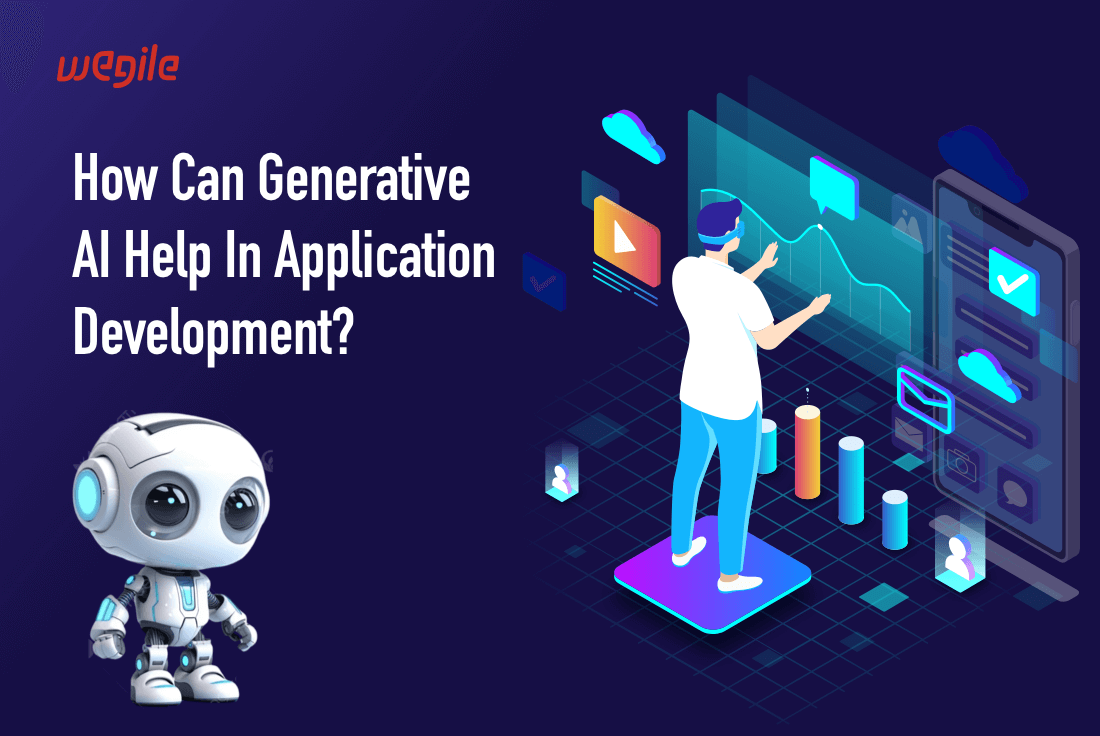Insights/ Generative AI
By: Swati Sharma | 12 Min Read |
Published: May 24, 2024 | Updated: January 15, 2026


Marketing & Business Development Head at Wegile
Swati Sharma brings 15+ years of experience in tech marketing and business growth. Her strong understanding of IT and software development helps her create impactful, insight-driven content that strengthens Wegile’s industry authority.
Share this article:
MOHALI
E41 Industrial Area, Phase 8, Mohali - INDIA 160071
Pune
813, Global Business Hub, Near WTC, Kharadi, Pune, Maharashtra 411014
New York
1270 Avenue of the Americas 7th Floor New York, NY, US 10020
MOHALI